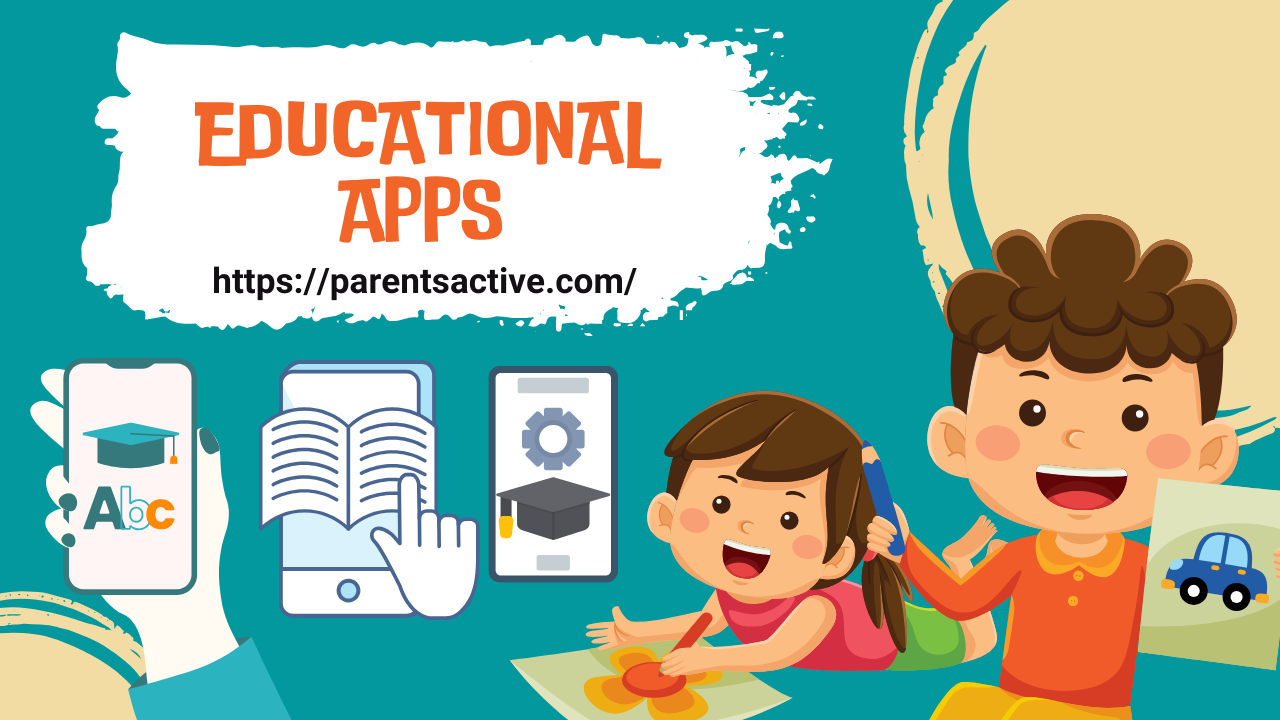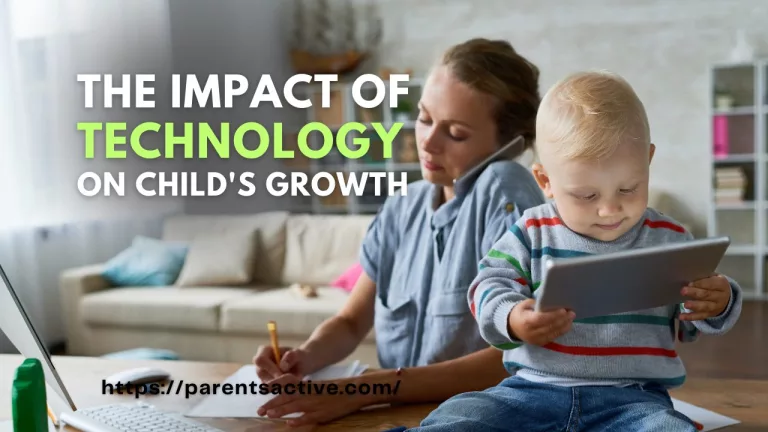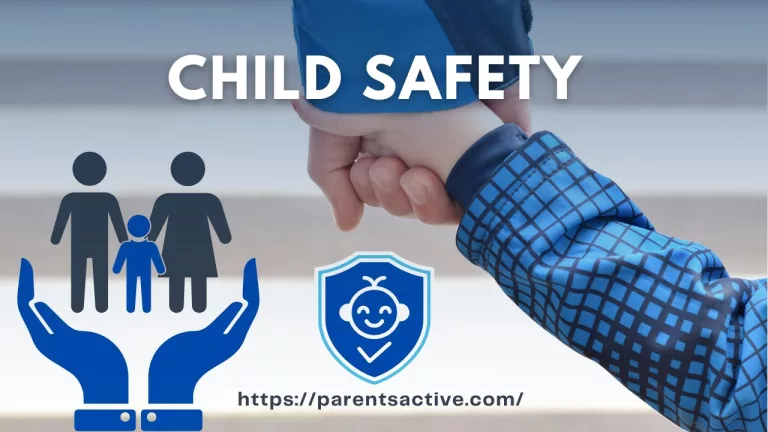Educational Apps: Transforming Learning in The Digital Age
What are educational apps? Educational apps (transforming Learning in The Digital Age) are software application designs to facilitate learning and enhance educational experience.
Educational learning apps (transforming Learning in The Digital Age) have revolutionized the way we acquire the knowledge, providing convenient and interactive platform for learning.

Summary
Educational apps offer numerous advantages in terms of accessibility, interactivity, and personalization, it’s essential to consider potential drawbacks such as technology dependence, content quality, and social interaction limitations. Careful selection and integration of learning apps into a broader learning strategy can help maximize their benefits.
These applications make education easier, more accessible, personalized and engaging and by the leverage of power of technology.
These apps often offer feature such as videos about subjects or skills, video lessons quizzes, interactive stimulations, real time feedback and fostering dynamic learning experience.
They are valuable tools for on the go learning, enabling users to access educational content anytime, anywhere by using their smartphones or tablets.
There are 455,000 educational apps (transforming Learning in The Digital Age) available in google play and apple play store.

There are many apps for education on internet. Here are some examples of apps:
- Coursera
- Khan academy
- EdX
- Duolingo
- Solo Learn
- Codecademy
- Photo Math
- Quizlet
- Wolfram Alpha
- Star Walks
- ABCmouse
- Forest
- PBS kids’ games
Accessibility and Flexibility
The flexibility to access educational content anytime anywhere breaks down barriers and to allow for more personalized leaning experience. Whether, you are learner, student, professional or a life long learning apps cater to diverse needs learning styles.
One of the key advantages of learning apps (transforming Learning in The Digital Age) lies in their accessibility. No longer confined to traditional classrooms, learning is now at our fingertips in the era of fastest technology and dynamic it.
Diverse Subjects and Skills
Learning apps (transforming Learning in The Digital Age) cover a vast array of subjects and skills from core academic disciplines such as mathematics and science to language learning, coding and beyond.
Whether you are seeking to improve your language proficiency or delve into advanced coding concepts, there’s likely an apps designs to meet your needs. This diversity ensure that learners can fined resources tailored to their specific interest and educational goals.
Parental Involvement and Child Development
Education apps (transforming Learning in The Digital Age) designs children often include features that allow parents to monitor their children progress, set usage limits and choose age-appropriate content.
This involvement not only facilitate a child’s educational journey but also promotes positive screen time habits and healthy technology use.
Engaging and Interactive Learning
Gamification techniques, simulations, quizzes and multimedia content make the learning process not only effective but also enjoyable. This approaches also helps maintains interest and motivation, crucial factors sustaining in long term learning engagement.

Personalized Learning Experience
Educational learning apps have the capability to adopt individual learning styles and pace. This personalization is foster a more efficient and targeted learning journey by cater to the weakness and strengths of each learner. These apps to provide personalized recommendations, tracks progress and offer tailored feedback.
Supplementing Traditional Education
Educational apps (transforming Learning in The Digital Age) are not intended to replace traditional classrooms learning, they serve as valuable supplements. They empower to learners explores beyond the confines of formal education by encouraging lifelong commitment to learning.
These apps provide traditional resources. Practice opportunities and reinforcement of concepts learned in the classrooms. These innovations prepare learners for the challenges for future. Equipping them with digital literacy skills and an adoptive mindset.
Advantages and disadvantages of Educational Apps
| Advantages | Disadvantages |
| Real time feedback | Quality of content |
| Interactive learning | Distraction |
| Co-effective | Limited social interaction |
| Multimedia integration | Data privacy concerns |
| Personalized learning | Dependency on technology |
| Accessibility and convenience | Over reliance on gamification |
Here is revenue of educational learning apps

Conclusion
Educational apps have undeniably transformed the landscape of learning in the digital age, bringing with them a host of advantages and disadvantages.
The accessibility, convenience and interactive nature of these apps have revolution how individuals’ access and engage with educational content.
The ability to receive real-time feedback and the potential for personalized learning experience further contribute to the appeal of educational learning apps.







